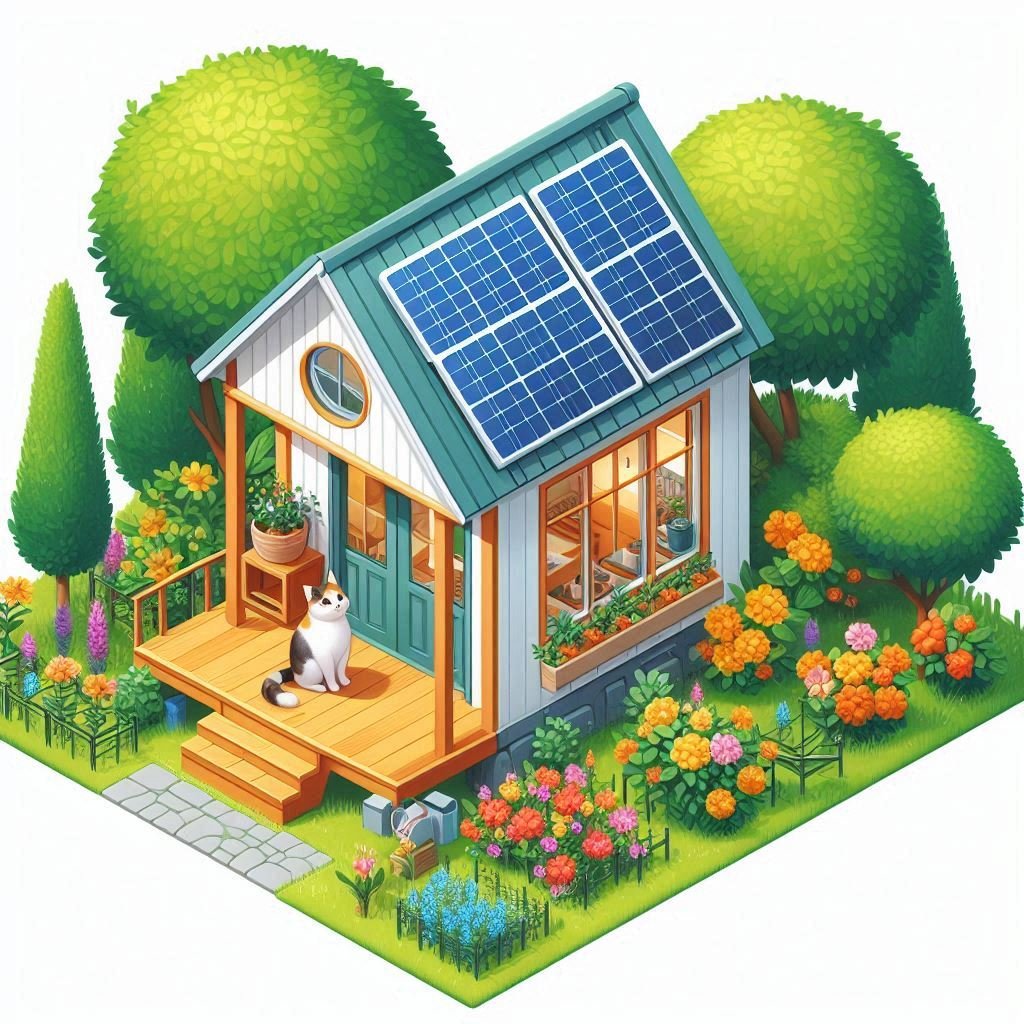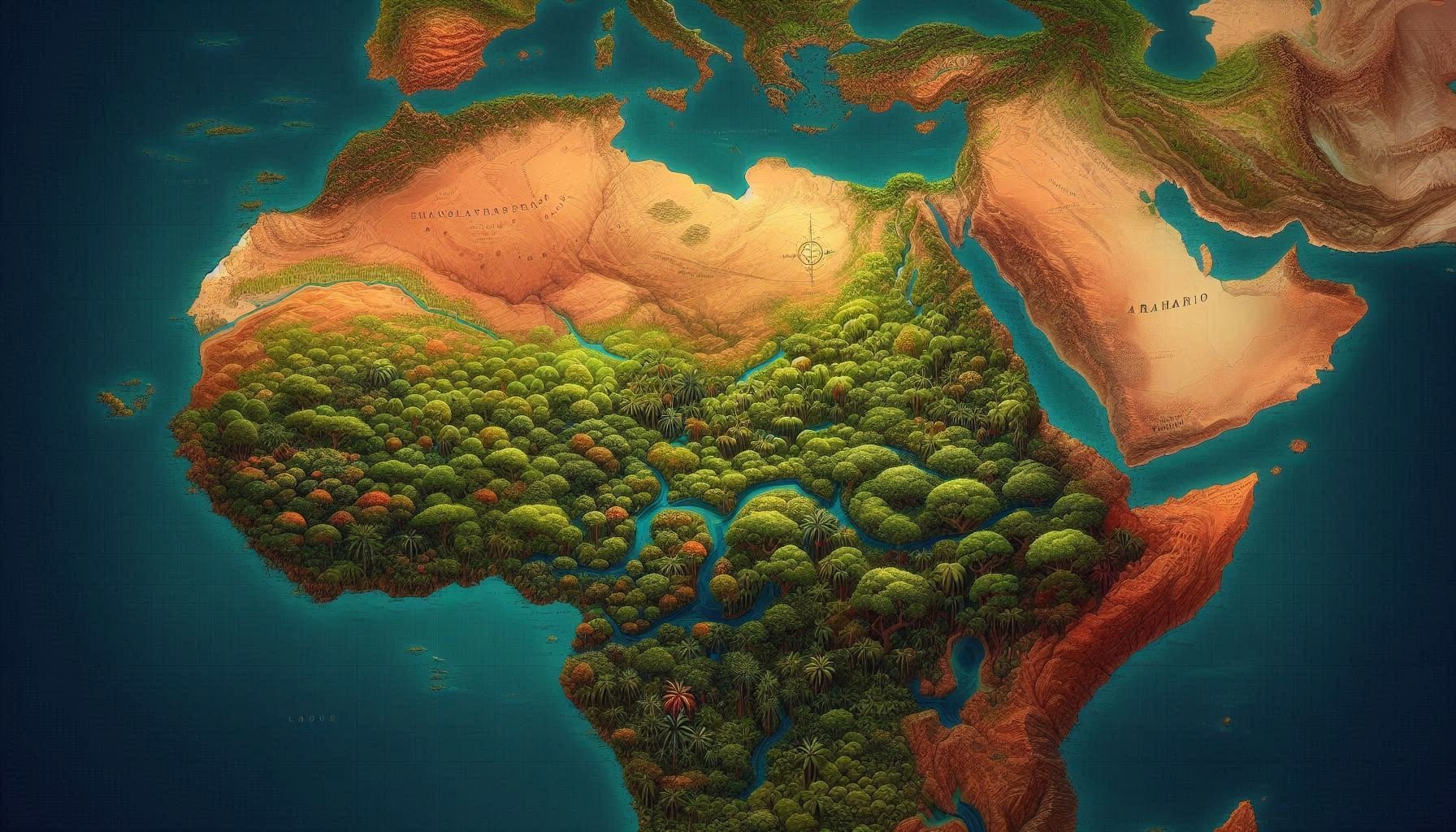🌊 Mission Statement
Project Blue Eden is a global initiative to combat hunger, restore marine ecosystems, and promote sustainable aquaculture through the creation of three 50,000-acre regenerative ocean farms located off the coasts of Panama, Egypt, and in the Indian Ocean. This mission is guided by the principle that the ocean can feed humanity without destroying the planet—and must be stewarded as a sacred and shared resource for future generations.
🌱 Strategic Vision & Goals
Nourish the World: Cultivate nutrient-dense sea crops and sustainable protein sources—such as kelp, mussels, oysters, and sea cucumbers—to serve vulnerable populations, reduce land-based agricultural strain, and scale equitable food systems.
Restore Marine Ecosystems: Use regenerative farming techniques to enhance biodiversity, reverse ocean acidification, and create blue carbon sinks.
Empower Local Communities: Partner with coastal populations to provide education, employment, and cooperative ownership in each region.
Drive Global Change: Prove ocean farming at scale as a cornerstone of planetary food security and environmental resilience.
📍 Locations & Why They Matter
LocationRationalePanama (Caribbean Side)Warm waters, excellent biodiversity, and proximity to global shipping lanesEgypt (Red Sea)Strategic access to Africa and the Middle East; warm saline waters ideal for species like sea cucumbersIndian Ocean (Maldives/Seychelles region)Climate-sensitive region with vital need for reef restoration and food independence
⚙️ Implementation Phases
Phase 1: Feasibility & Infrastructure (Year 1–2)
Legal review of maritime laws, EEZ rights, environmental impact assessments
Secure local government partnerships and international NGO support
Install offshore farm infrastructure: vertical grow lines, smart buoys, solar-powered monitoring
Phase 2: Pilot Cultivation (Year 3)
Seed and grow initial crops of kelp, shellfish, and seaweed
Begin small-scale harvesting and community training
Establish data pipelines for environmental monitoring and yield modeling
Phase 3: Expansion & Ecosystem Integration (Years 4–5)
Grow to full 50,000-acre scale per site
Integrate mangrove and reef regeneration efforts nearby
Launch regional education hubs and youth marine ecology programs
Phase 4: Global Advocacy & Distribution (Years 6–10)
Develop food aid and export programs through strategic logistics partnerships
Publish impact metrics for biodiversity, carbon, and food security
Inspire replication in Southeast Asia, the Caribbean, and West Africa
🤝 Partners & Potential Stakeholders
UN FAO, World Food Programme, Ocean Conservancy
Local marine biologists, indigenous coastal cooperatives, island nations
Social impact investors, clean-tech marine startups, climate foundations
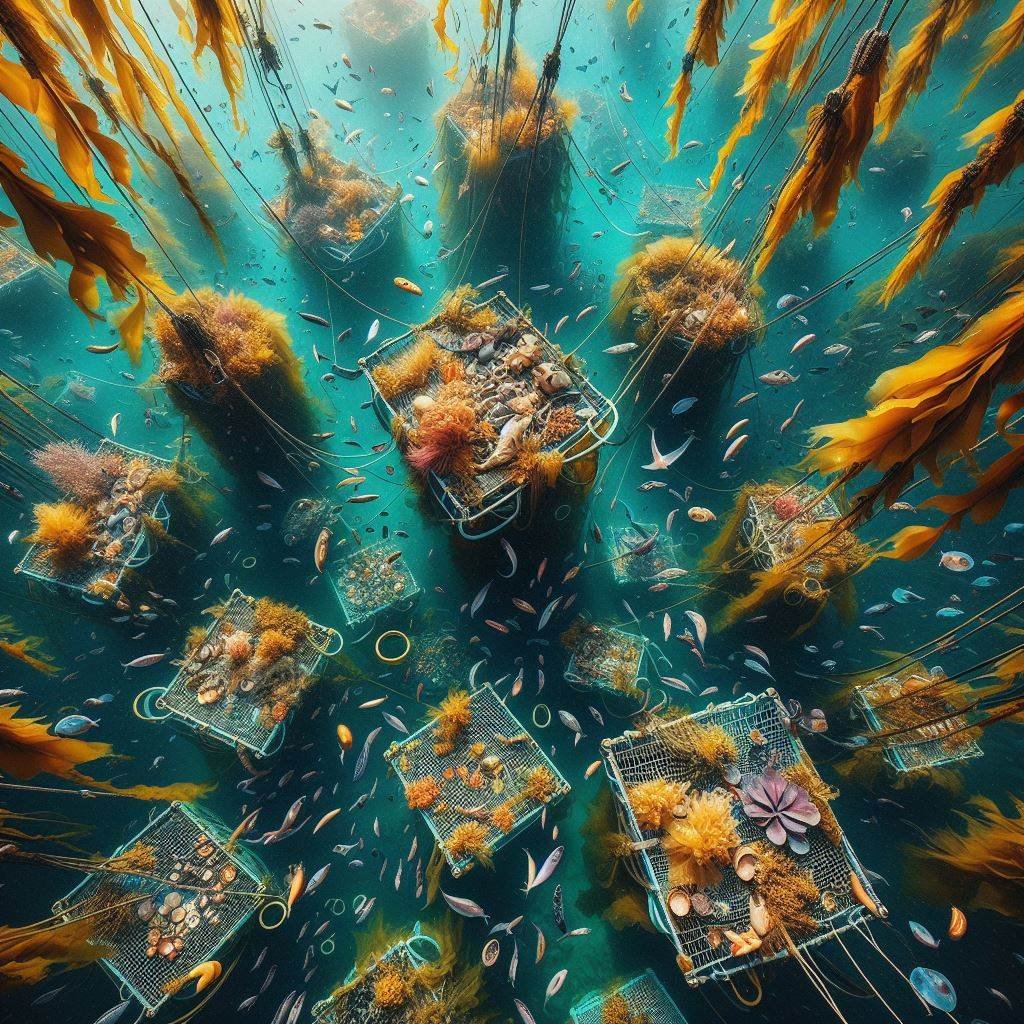
When it comes to sustainability and Global Food Security
Our goals are no less than industry leading
Investing in the future of carbon sequestration and sustainable aquiculture.
Orion Crusader is investing in the research and development of industrial scale zero input kelp and mollusk farms.
-
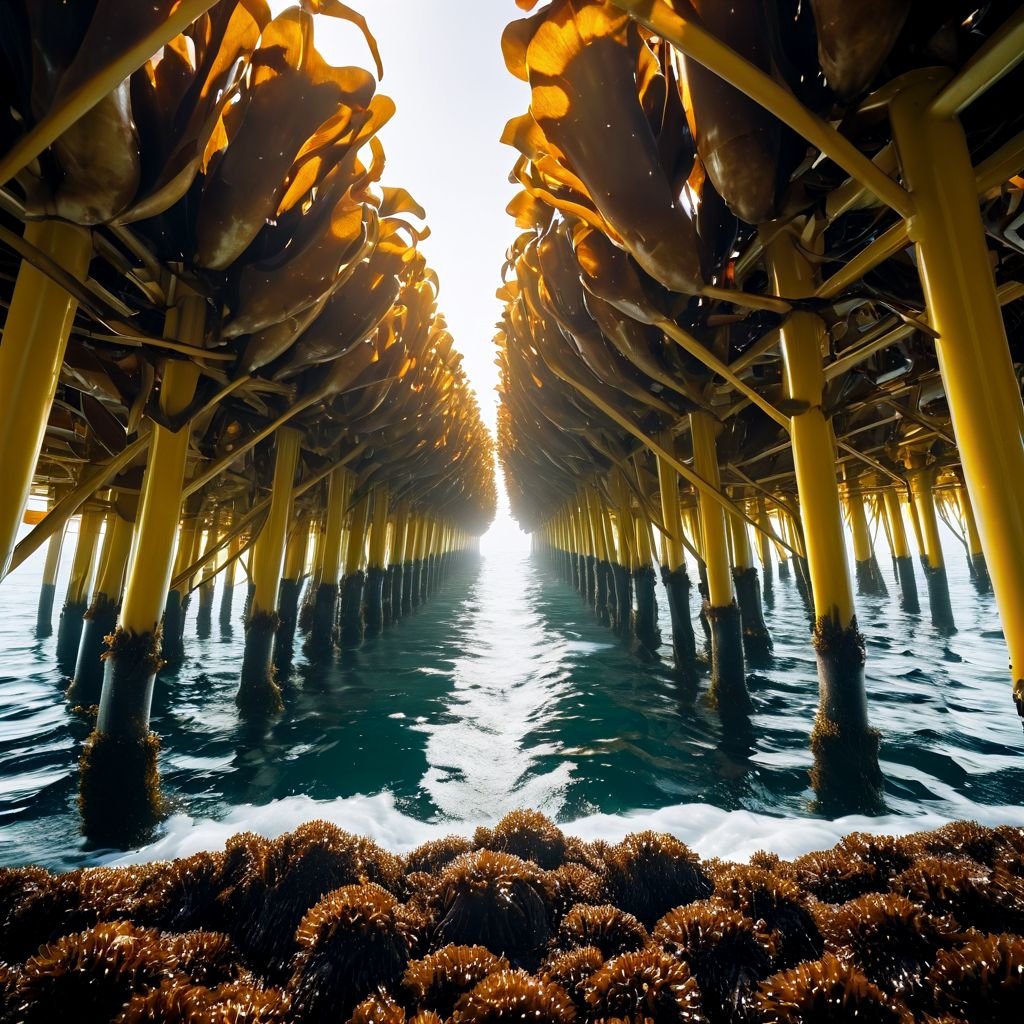
Fertilizer
Kelp is not only the fastest carbon sequestering plant on the planet, it makes some of the finest fertilizer available.
-

Food
3D verticle ocean farms can produce as much food on one acre of seawater as a tradition farm does on 100 acres.
Over a quarter of the United States’ total methane emissions are derived from enteric fermentation (cow burps) alone. Emerging research finds that feeding certain species of algae (seaweed, kelp or microalgae) to cattle can reduce their methane emissions by 80 to 99%.
-
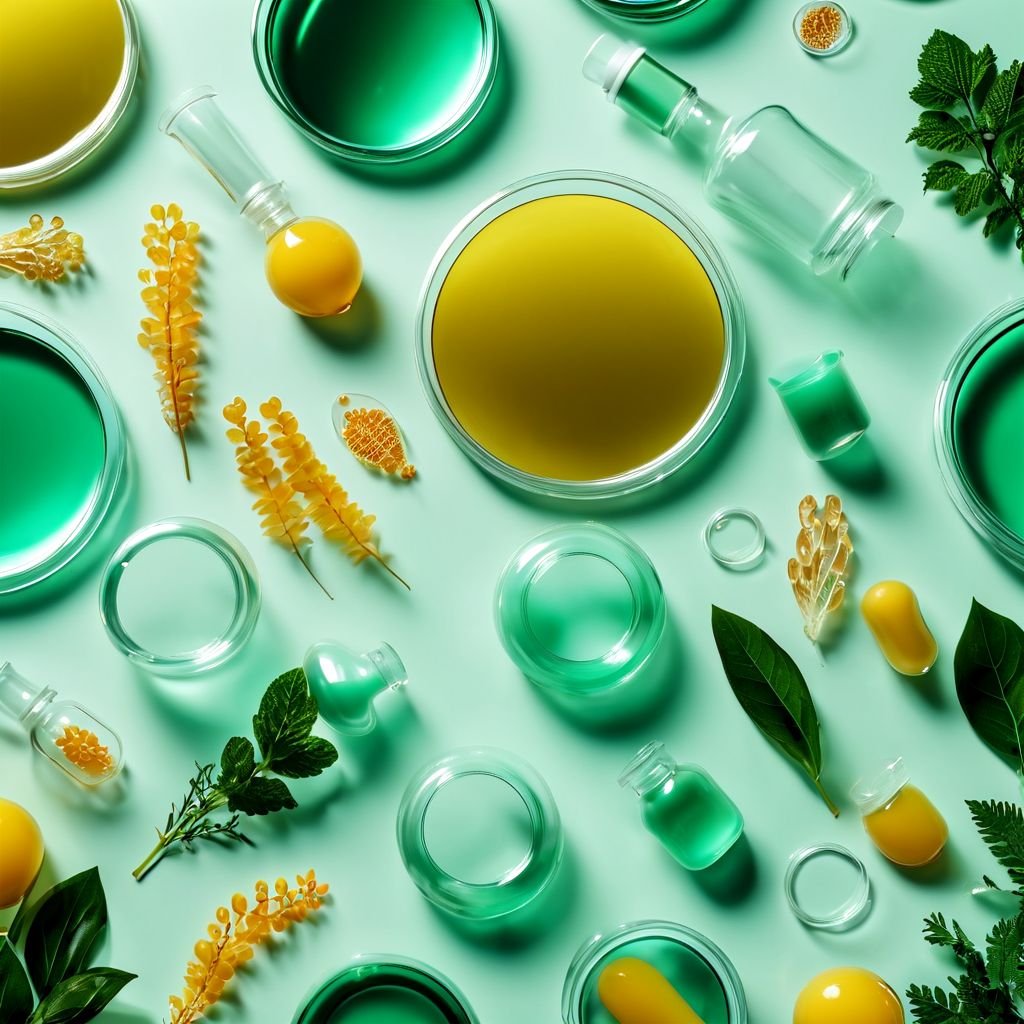
Fuel and Bioplastics
Kelp is an excellent source of Bio Jet Fuel and Bioplastic base.
Were working on a Bio Jet Fuel, To Power Net Jets into sustainability.
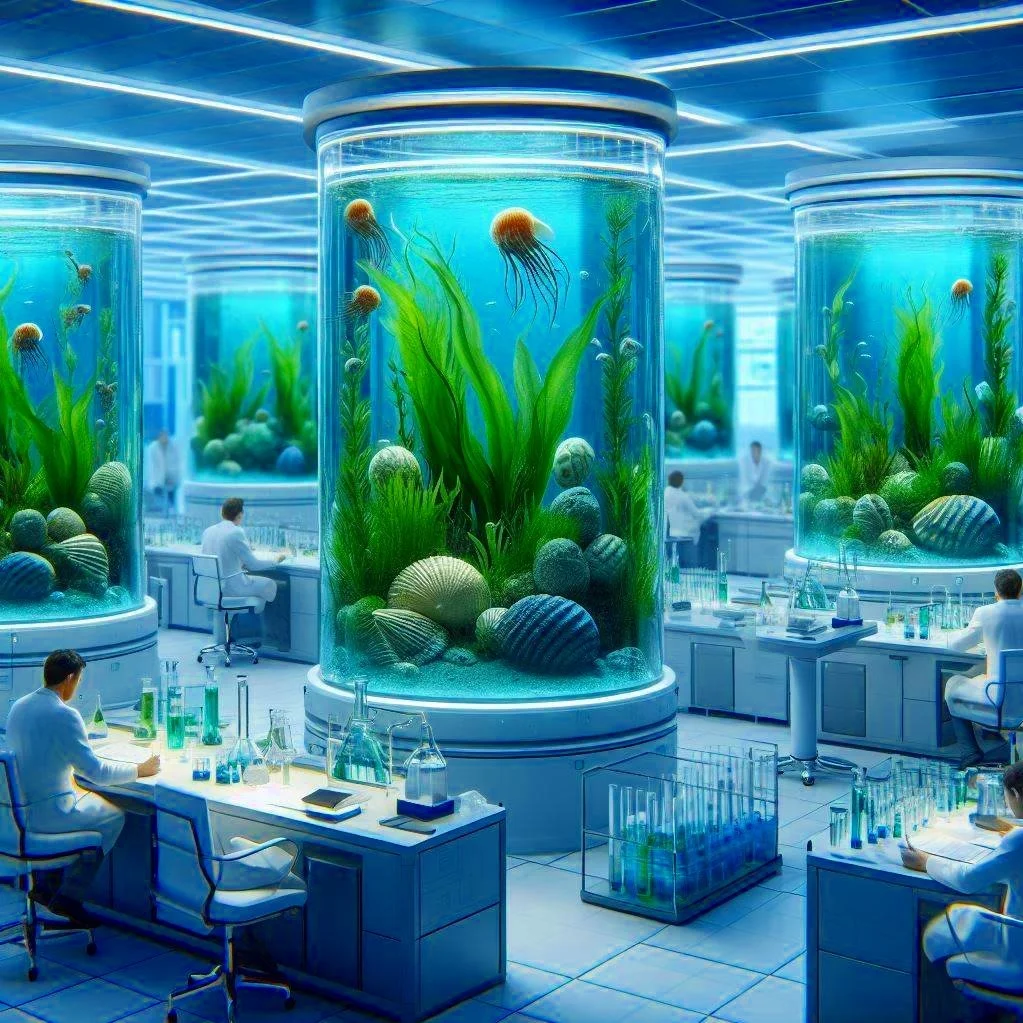
While some members of the World Economic Forum; touting “Bull Excretion” theories as a justification to close down farms and starve the poor. We are taking action to open carbon sequestering ocean farms to save the planet and feed a world with 10 Billion People.
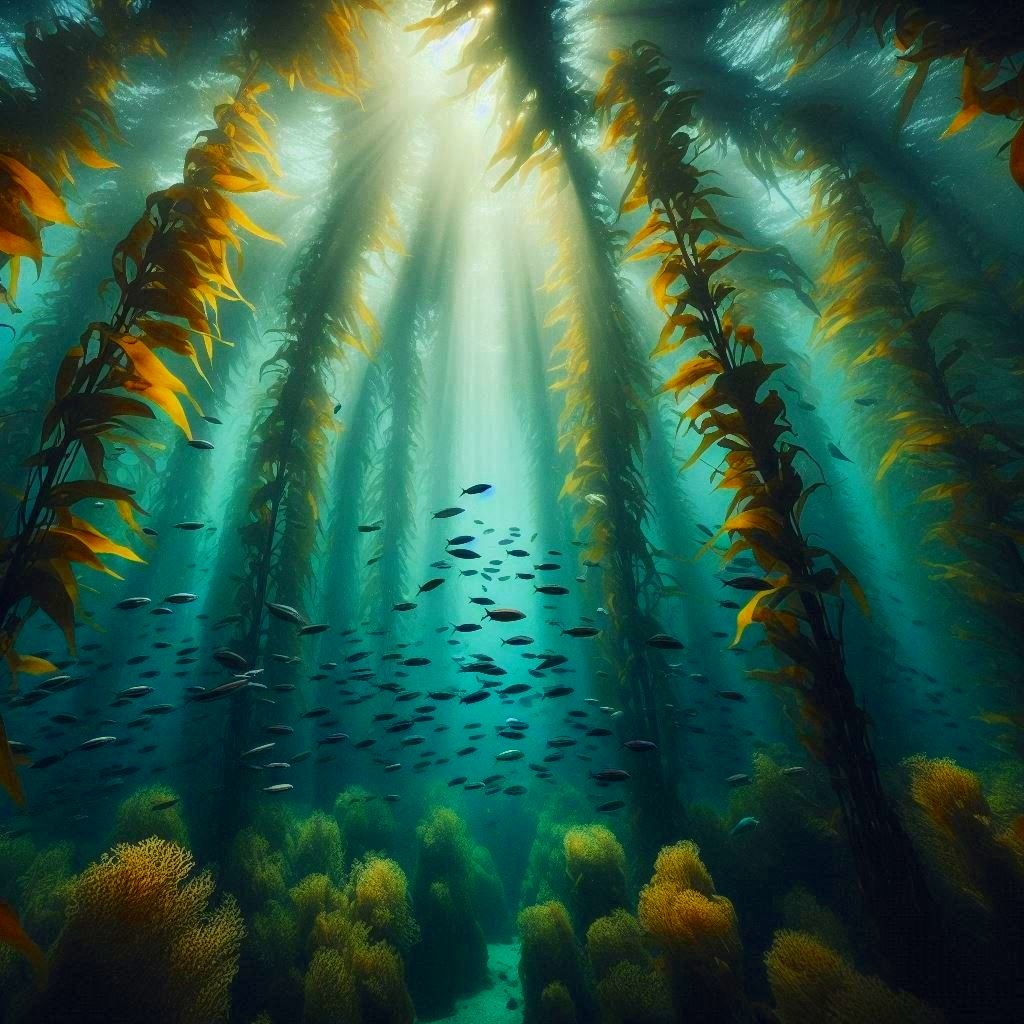
Ocean Farms Improve the Environment around them De-Acidifying
+
De-Carbonizing
the water and creating a natural reef for wild fish
“I believe that people and fish can coexist peacefully”- George W. Bush (HE WAS RIGHT)
We are investing a portion of our year end profits in
the non profit
GreenWave,
to further
Ocean Farming practicum education.
The Mass Production of Mollusks can feed the third world
Mass producing and canning mollusks is an essential part of improving global nutrition. Mollusks the most nutrient rich food source can be canned and preserved and shipped in bulk to areas where protein and omega 3 fatty acids are in short supply.
We’re working on a house to house the world.
Perfect for underdeveloped countries our house in a box comes with solar panels and a water filtering and well tapping system to provide electricity and water to the third world.
PROJECT TERRAFORMA
We are working with Nation States planning to terraform huge swaths of desert by first mass producing kelp, Installing Nuclear Desalination plants and Pipelines and then mixing The liquid kelp with sand to create First grassland, and eventually forest.
Slaying the God of the Desert
Terraforming earth and feeding the world
لتَّصَوُّف
kelp can be mixed with sand to form soil.
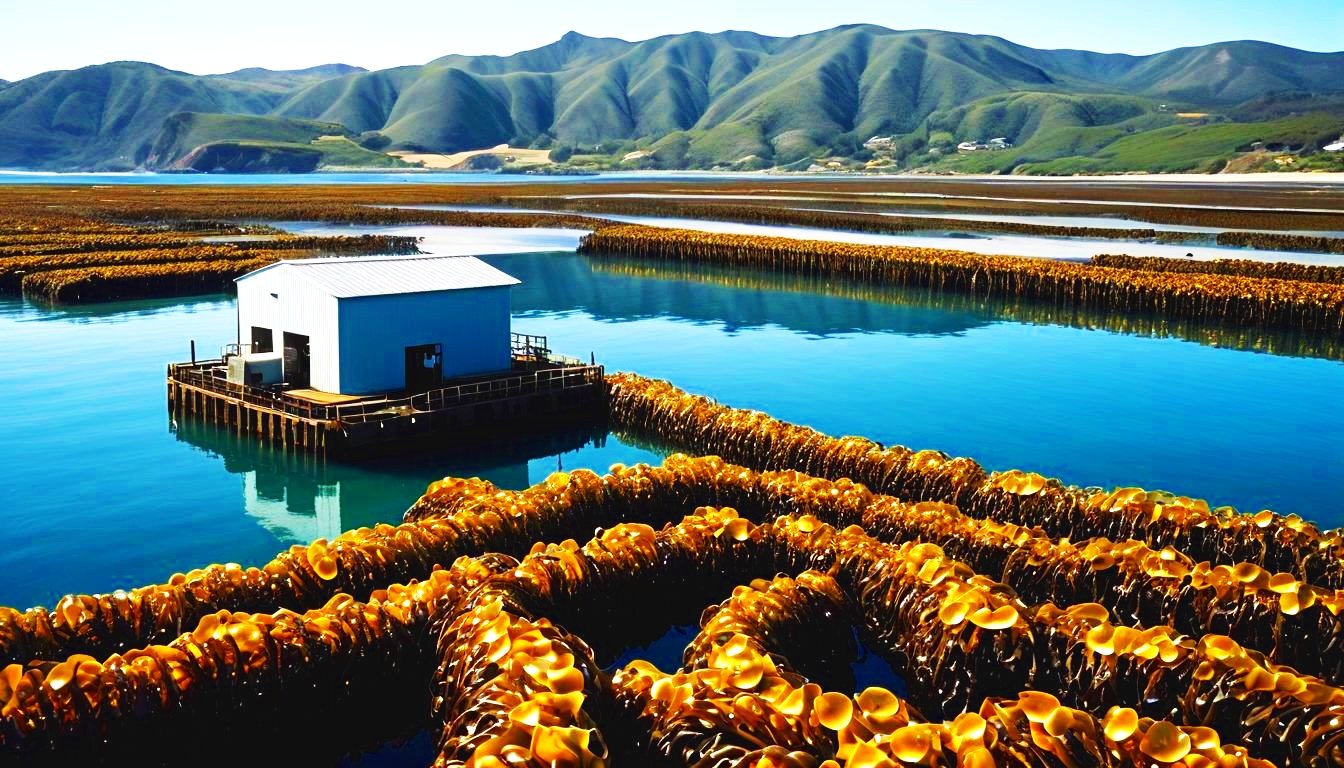
BIG IDEAS IN ACTION FOR THE BLUE PLANET
“Small deeds mean a little, Big actions mean Everything”- R.C. Robertson III
In Other Words Teach a man to fish Version II
Make an impact today
Support our mission by contributing a donation that will be Matched by our corporate wing.



